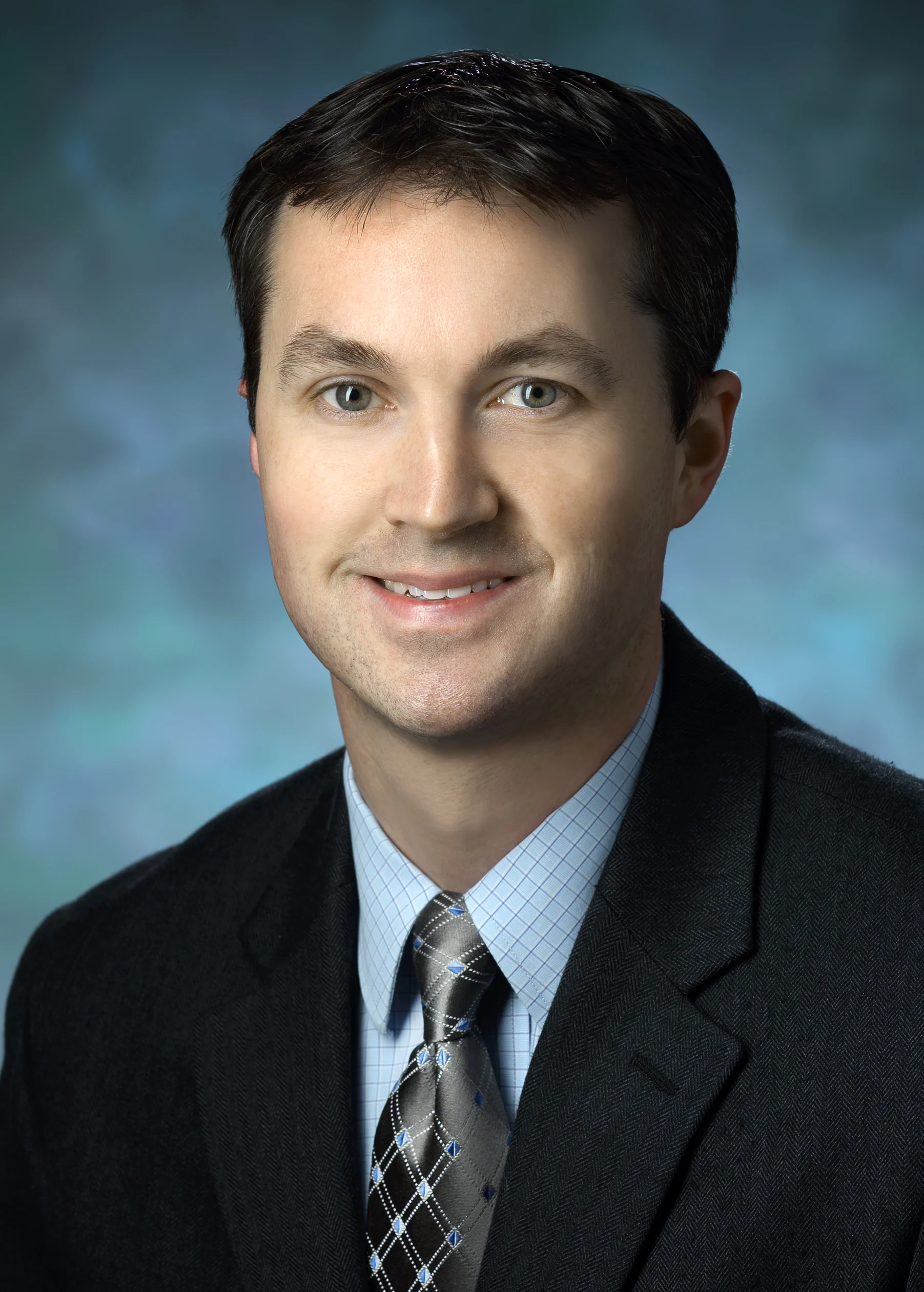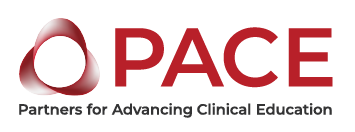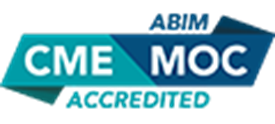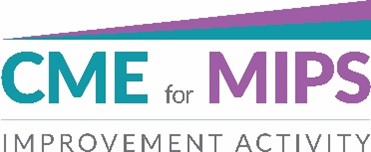Module 6: Cardiovascular Disease
Please note that after December 31, 2025, this course will no longer offer CME/CE credits. The content will remain accessible to enrolled learners solely as review material.
Advanced Non-Invasive Cardiac Imaging
Michael J. Blaha, MD; Kunal Jha, MD
- Risk Assessment of the Asymptomatic Patient – Primary Prevention
- Non-Invasive Imaging Evaluation of the Symptomatic Patient
- Non-Invasive Imaging Discussion Cases: Risk Assessment, Anatomic vs. Functional Approach
Vascular Medicine and Thrombosis
Deepak L. Bhatt, MD; Marc P. Bonaca, MD
- PAD, CAD
- Epidemiology, burden
- Screening, risk factors, diagnosis
- Guidelines & management
Acute Coronary Syndromes
Erin Bohula, MD, DPhil
- Definitions, Pathophysiology, and Epidemiology of ACS
- Diagnosis, Risk Stratification, and Revascularization
- Medical Therapy
Arrhythmias
William H. Sauer, MD; Usha B. Tedrow, MD; Sunil Kapur, MD
- Overview of Cardiac Arrhythmias and Treatment Options
- Atrial Fibrillation: Epidemiology, Modifiable Risk Factors, and Concept of Atrial Fibrillation as a Systemic Illness
- Strategies for Prevention of Stroke Associated with Atrial Fibrillation
Heart Failure
Alanna A. Morris, MD ; Ileana L. Piña, MD
- Overview, epidemiology, pathophysiology, burden
- Heart failure & cardiometabolic risk connections
- Screening and diagnostic approaches
- Management of Heart Failure (guidelines, spectrum of therapies/treatment table/efficacy and safety, newer therapies)
CVD Considerations in Women
Pam R. Taub, MD
- Overview of Cardiometabolic Disease and Cardiometabolic Risk Across the Lifespan of Women
- Unique Aspects of Coronary Artery Disease, Heart Failure, and Valvular Heart Disease in Women
- Women-specific CVD Risk Factors Across the Lifespan
Target Audience
The Foundations of Cardiometabolic Health Certification Course is appropriate for clinicians from a full spectrum of clinical experience including Physicians, Physician Assistants, Nurse Practitioners, Registered Nurses, Pharmacists, Diabetologists, and Dietitians who are in any phase of training, or even experienced physicians who are looking to take a deeper dive into cardiometabolic health.
Learning Objectives
After completing this activity, the participant should be better able to:
- Summarize the burden, risk factors, and screening criteria for CAD or PAD.
- Review current guidelines for antithrombotic therapy in patients with CAD or PAD.
- Discuss risk factors, symptom presentation, stages and classification of heart failure.
- Review recent advances in HF therapies and clinical guidelines.
- List screening criteria and technological advances for the identification of common arrhythmias.
- Explain current treatment options and guidelines for the prevention and treatment of common arrhythmias, including stroke prevention in patients with arrhythmias.
- Summarize current evidence and guidelines about antithrombotic therapy in patients with a recent ACS event.
- Recognize the significant burden of CVD in women, as well as specific differences in risk factors and symptoms presentation.
Additional Information
| Attachment | Size |
|---|---|
| 1.12 MB |

Michael J. Blaha, MD MPH
Professor of Medicine
Director of Clinical Research, Ciccarone Center for the Prevention of Cardiovascular Disease
Johns Hopkins Medicine
Baltimore, MD
Dr. Blaha discloses the following:
Consultant: Amgen, Novartis, Novo Nordisk, Bayer, Kaleido, 89Bio, Roche
Research Support: Bayer, Amgen, Aetna
Deepak L. Bhatt, MD, MPH
Professor of Medicine, Harvard Medical School
Executive Director of Interventional Cardiovascular Programs
Brigham and Women's Hospital Heart and Vascular Center
Boston, MA
Dr. Bhatt discloses the following:
Research Support: Abbott, Afimmune, Amarin, Amgen, AstraZeneca, Bayer, Boehringer Ingelheim, Bristol-Myers Squibb, Cardax, Chiesi, CSL Behring, Eisai, Ethicon, Ferring Pharmaceuticals, Forest Laboratories, Fractyl, HLS Therapeutics, Idorsia, Ironwood, Ischemix, Lexicon, Lilly, Medtronic, MyoKardia, Owkin, Pfizer, PhaseBio, PLx Pharma, Regeneron, Roche, Sanofi, Synaptic, The Medicines Company

Erin Bohula, MD, DPhil
Assistant Professor, BWH, HMS
Investigator, TIMI Study Group
Brigham and Women's Hospital Heart and Vascular Center
Boston, MA
Dr. Bohula discloses the following:
Institutional Grant Support: Amgen, Novartis, Pfizer, AstraZeneca
Honoraria: Amgen, Novo Nordisk, Servier, Kowa, Medscape, PriMed

Marc P. Bonaca, MD, MPH
Director of Vascular Research
Associate Professor of Medicine
University of Colorado School of Medicine
Aurora, CO
Dr. Bonaca discloses the following:
Consultant: Amgen, AstraZeneca, Bayer, Janssen, Sanofi, Merck, Novo Nordisk
Research Support: Amgen, Astrazeneca, Bayer, Janssen, Lexicon, Sanofi, Novo Nordisk, Pfizer

Kunal Jha, MD
Preventive Cardiology Fellow
Johns Hopkins Medicine
Baltimore, MD
Dr. Jha has nothing to disclose.
William H. Sauer, MD
Chief, Cardiac Arrhythmia Services
Brigham and Women’s Hospital
Harvard Medical School
Dr. Sauer has no relevant financial relationships to disclose.
Usha B. Tedrow, MD MSc
Associate Professor, Harvard Medical School
Fellowship Director, Clinical Cardiac Electrophysiology Program
Dr. Tedrow discloses the following:
Honoraria/Research Support: Medtronic, Abbott, Biotronik, Novartis, Pfizer, Aziyo
Sunny Kapur MD
Cardiac Electrophysiology
Brigham and Women’s Hospital
Harvard Medical School
Dr. Kapur discloses the following:
Honoraria/Research Support: Medtronic, Abbott, Biotronik, Novartis, Pfizer, Aziyo
Alanna A. Morris MD, MSc
Associate Professor of Medicine
Director of Heart Failure Research
Emory Clinical Cardiovascular Research Institute
Emory University, Atlanta GA
Dr. Morris discloses the following:
Research Support: NHLBI, AHRQ, Woodruff Foundation, Association of Black Cardiologists
Stockholder: Gilead Sciences, Inc.
Ileana L. Piña, MD, MPH, FAHA, FACC, FHFSA
Clinical Professor of Medicine
Central Michigan University
Adjunct Professor of Epi/Biostats, Case Western Reserve University
Senior Staff Fellow for FDA, CDRH, Medical Officer
Dr. Piña discloses the following:
Consultant: Vifor
Pam R. Taub MD, FACC
Founder and Director of Step Family
Cardiac Rehabilitation and Wellness Center
Professor of Medicine
UC San Diego Health System
Dr. Taub discloses the following:
Consultant: Sanofi, Novo-Nordisk, Novartis, Boehringer-Ingelheim, Bayer, Amarin Medtronic, Amgen, and Esperion
Stockholder: Epirium Bio
Research Support: NIH, Department of Homeland Security, Hillblom Foundation Network, AHA
Please note that after December 31, 2025, this course will no longer offer CME/CE credits. The content will remain accessible to enrolled learners solely as review material.
ESTIMATED TIME TO COMPLETE ACTIVITY
10.5 hours
JOINT ACCREDITATION STATEMENT



In support of improving patient care, this activity has been planned and implemented by Partners for Advancing Clinical Education (PACE) and Tarsus Cardio Inc. dba Cardiometabolic Health Congress (CMHC). PACE is jointly accredited by the Accreditation Council for Continuing Medical Education (ACCME), the Accreditation Council for Pharmacy Education (ACPE), and the American Nurses Credentialing Center (ANCC), to provide continuing education for the healthcare team.
PHYSICIAN CONTINUING MEDICAL EDUCATION
Partners for Advancing Clinical Education designates this enduring material for a maximum of 10.5 AMA PRA Category 1 Credits™. Physicians should claim only the credit commensurate with the extent of their participation in the activity.
CONTINUING NURSING EDUCATION
The maximum number of hours awarded for this Continuing Nursing Education activity is 10.5 contact hours. Pharmacotherapy contact hours for Advanced Practice Registered Nurses will be designated on your certificate.
CONTINUING PHARMACY EDUCATION
Partners for Advancing Clinical Education designates this continuing education activity for 10.5 contact hour(s) (1.05 CEUs) of the Accreditation Council for Pharmacy Education.
This is an application-based activity. Universal Activity Numbers (UAN): JA4008073-9999-22-009-H01-P
For Pharmacists: Upon completing the post-test and the activity evaluation form, transcript information will be sent to the NABP CPE Monitor Service within 4 – 6 weeks.
CONTINUING DIETICIAN EDUCATION
This program offers 10.5 CPEUs for dieticians.
ABIM MOC CERTIFICATION
Successful completion of this CME activity, which includes participation in the evaluation component, enables the participant to earn up to 10.5 MOC points in the American Board of Internal Medicine's (ABIM) maintenance of certification (MOC) program. It is the CME activity provider's responsibility to submit participant completion information to ACCME for the purpose of granting ABIM MOC credit.
MERIT-BASED INCENTIVE PAYMENT PROGRAM (MIPS)
Completion of this accredited CME activity meets the expectations of an Accredited Safety or Quality Improvement Program (IA_PSPA_28) for the Merit-based Incentive Payment Program (MIPS).
DISCLOSURE OF CONFLICTS OF INTEREST
Partners for Advancing Clinical Education (PACE) requires instructors, planners, managers, and other individuals who are in a position to control the content of this activity to disclose all financial conflicts of interest (COI) they may have with ineligible companies. All relevant COI are thoroughly vetted and mitigated according to PACE policy. PACE is committed to providing learners with high-quality accredited CE activities and related materials that promote improvements or quality in healthcare and not a specific proprietary business interest of an ineligible company.
The PACE planners and others have nothing to disclose. The CMHC planners and others have nothing to disclose.
DISCLOSURE OF UNLABELED USE
This educational activity may contain discussion of published and/or investigational uses of agents that are not indicated by the FDA. The planners of this activity do not recommend the use of any agent outside of the labeled indications. The opinions expressed in the educational activity are those of the faculty and do not necessarily represent the views of the planners. Please refer to the official prescribing information for each product for discussion of approved indications, contraindications, and warnings.
DISCLAIMER
Participants have an implied responsibility to use the newly acquired information to enhance patient outcomes and their own professional development. The information presented in this activity is not meant to serve as a guideline for patient management. Any procedures, medications, or other courses of diagnosis or treatment discussed or suggested in this activity should not be used by clinicians without evaluation of their patient's conditions and possible contraindications and/or dangers in use, review of any applicable manufacturer's product information, and comparison with recommendations of other authorities.
METHOD OF PARTICIPATION & REQUEST FOR CREDIT
During the period June 24, 2022 through June 24, 2023, participants must read the learning objectives and faculty disclosures, study the educational activity, obtain a score of 75% or better on the post-test, and complete the evaluation. Upon completing, your certificate will be available for print. For questions about receiving certificates, please contact us at [email protected].
For questions about the accreditation of this activity, please visit www.clinicaleducationalliance.com.
For Pharmacists: Please complete the evaluation instructions above. Upon registering and completing the activity evaluation, your transcript information will be sent to the NABP CPE Monitor Service within 4-6 weeks.
For MIPS:
1) Complete this module's post-test and evaluation.
2) Over the next 90 days, actively work to incorporate improvements in your clinical practice from these presentations.
3) Complete the follow-up survey from CMHC in approximately 90 days.
Available Credit
- 10.50 ABIM MOC and AMA PRA Category 1 Credit™
- 10.50 ACPE Pharmacy
- 10.50 AMA PRA Category 1 Credit™
- 10.50 ANCC
- 10.50 CDE
- 10.50 Participation
Required Hardware/software
A computer with an internet connection
Internet Browser: Internet Explorer 7.x or higher, Firefox 4.x or higher, Safari 2.x or higher, or any other W3C standards compliant browser
Other additional software may be required such as PowerPoint or Adobe Acrobat Reader.

 Facebook
Facebook X
X LinkedIn
LinkedIn Forward
Forward





